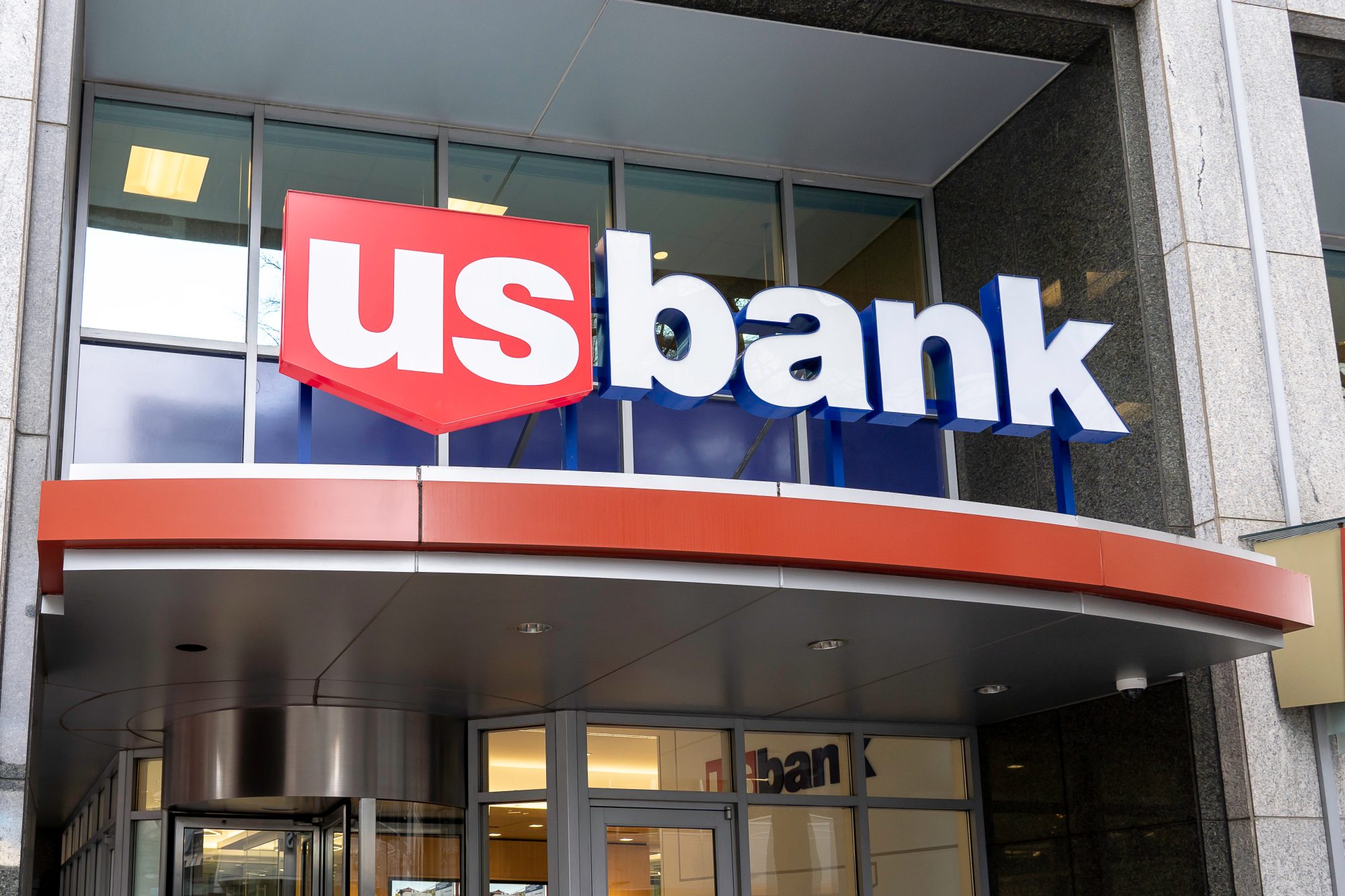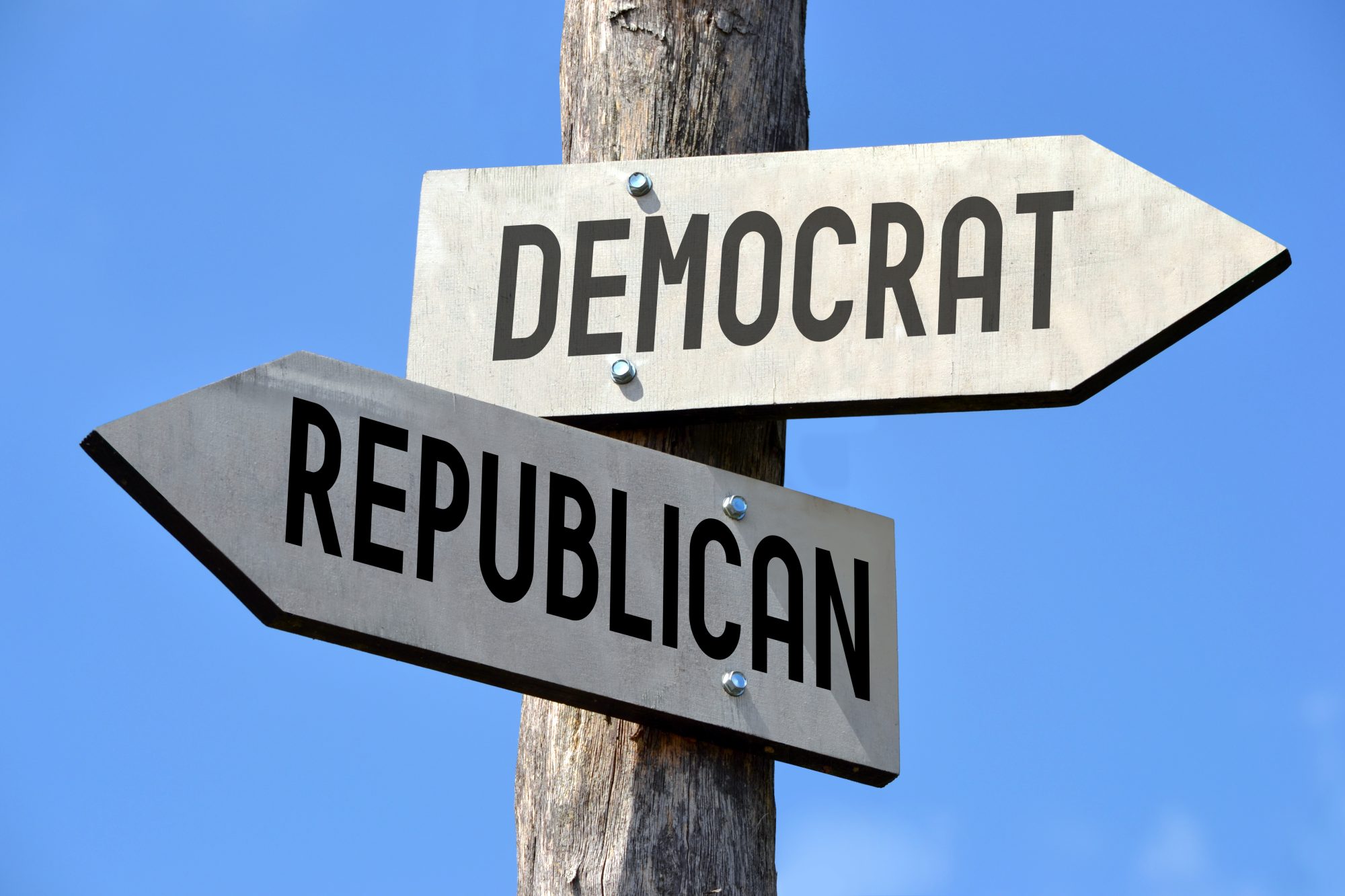The Conference Board’s Consumer confidence index surged to 70.3 from a revised 61.3 in August. This was well above consensus expectations of 63.1, and is the highest level since February. The gain was largely driven by a rise in the expectations index, which rebounded to 83.7 from 71.1. The present situation component also rose increasing to 50.2 from 46.5. The rise in confidence can
partly be attributed to the improving housing market, as well as the lagged impact from better July data. The Thomson Reuters/University of Michigan final sentiment index rose to 78.3. In August consumer confidence came in at 74.3.
The July S&P Case-Shiller 20-city composite report showed continued appreciation in home prices for the seventh consecutive month (after bottoming in the beginning of the year). The 20-city composite had a month-over-month gain of 0.44%, which was lower than the expected 0.75% mom increase. However, the year-over-year increase in home prices was 1.2%, which was slightly higher than
consensus expectations of a 1.05% increase.
Additionally, the 3Q CEO Survey published by the Business Roundtable showed a drop in the economic outlook index to 66.0 from 89.1 in the second quarter, which is the lowest reading since the third quarter of 2009 when it hit 44.9. Executives have lowered expectations for business activity due to the uncertainty surrounding the fast approaching fiscal cliff. In a report discussing the results of the latest CEO survey, Market News International reported that Boeing’s CEO Jim McNerney said “CEO’s are still fearful of the fiscal cliff.” What matters is recognition of the fiscal cliff risk which will cause business to delay hard to reverse decisions such as hiring and investment spending. This is just another sign that businesses are recognizing the risk.
The fiscal cliff along with signs of a global economic slowdown have weighed on concerns about economic growth. As a result, only 58% of CEOs believe that sales will increase, as opposed to 78% in 2Q. Furthermore, only 30% expect an increase in capital spending, and 29% expect an increase in hiring.












